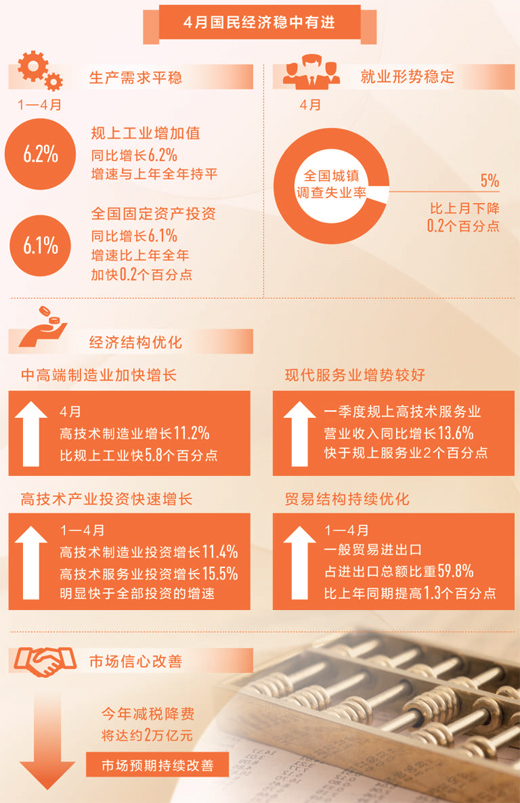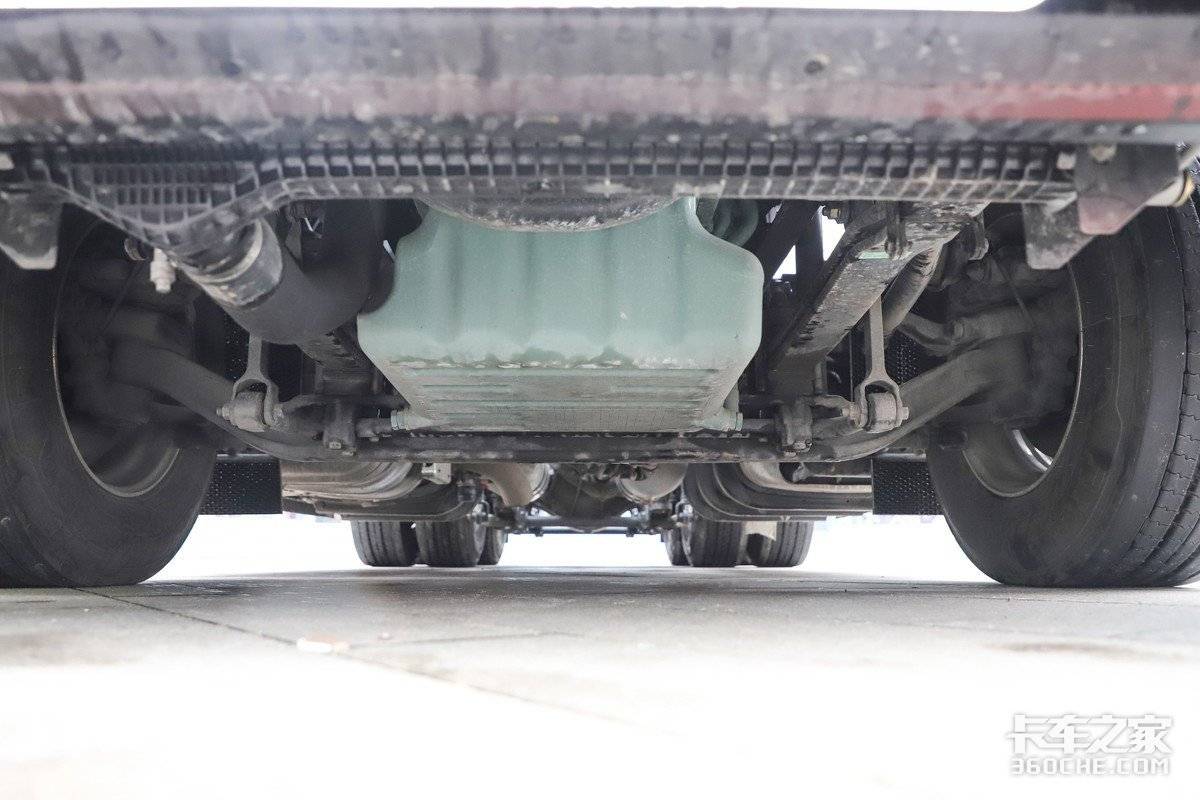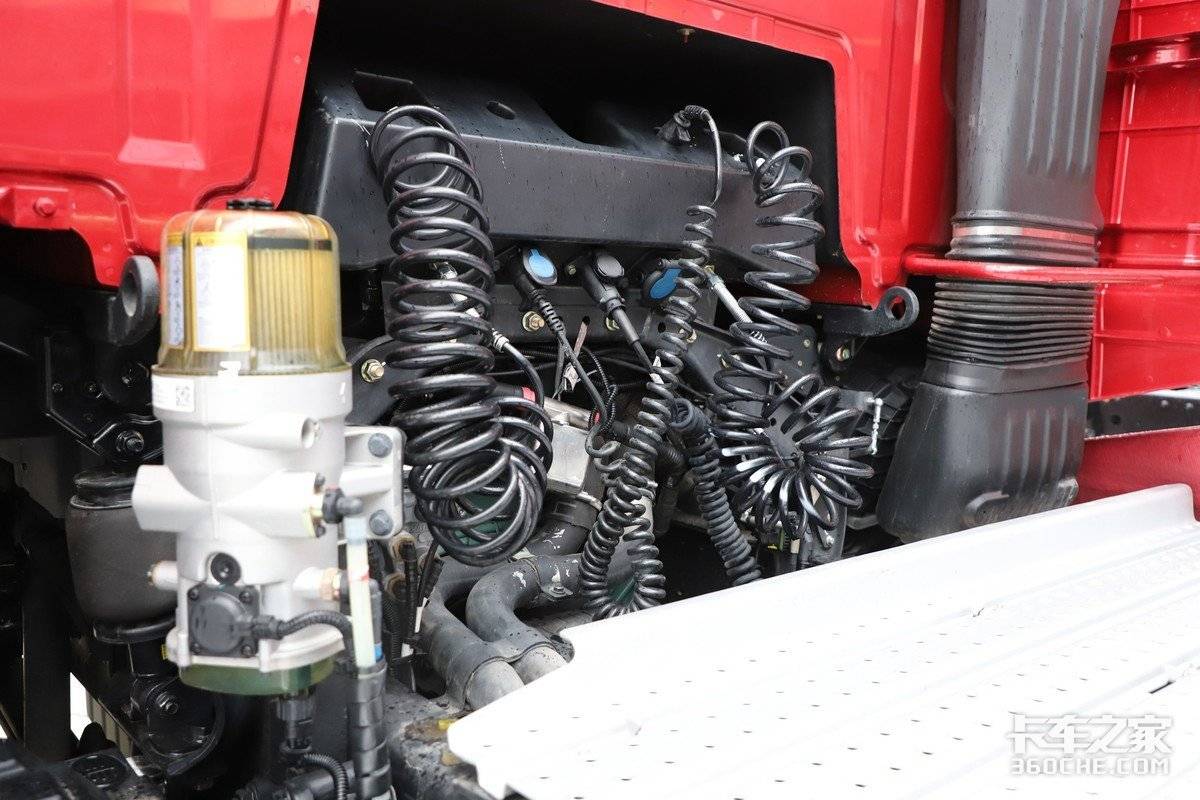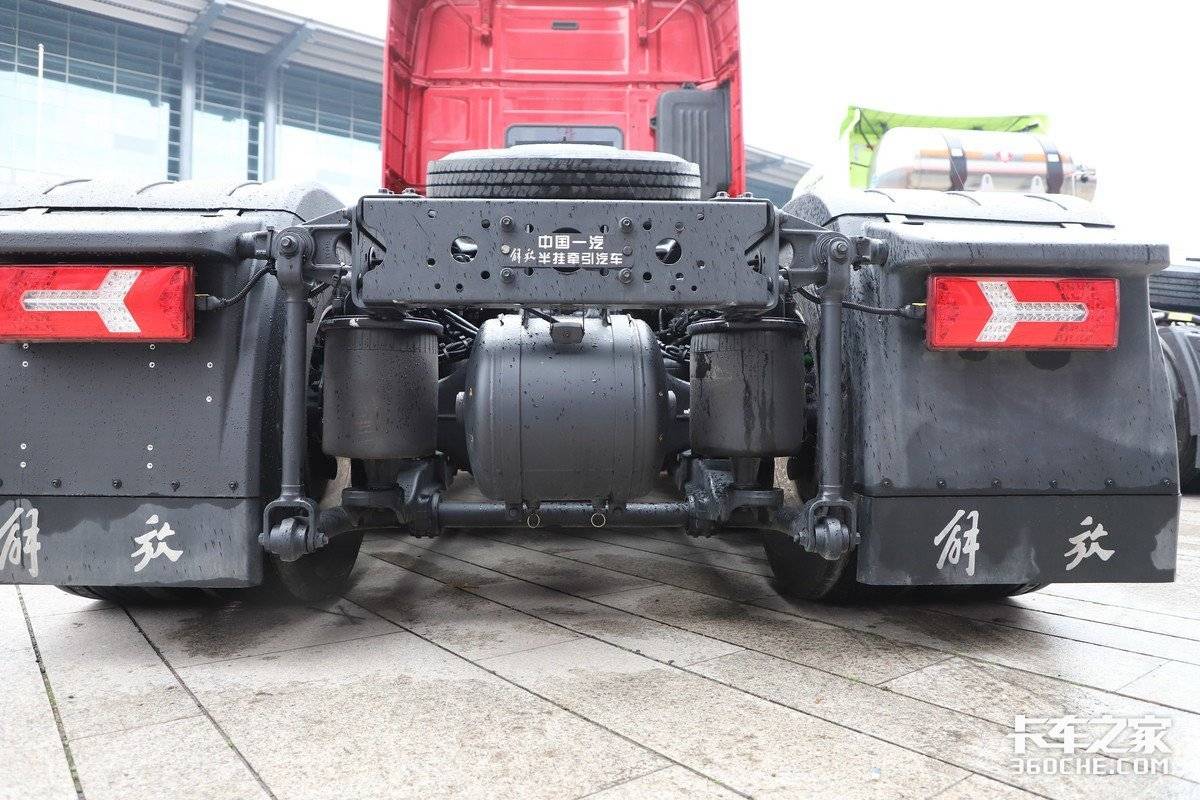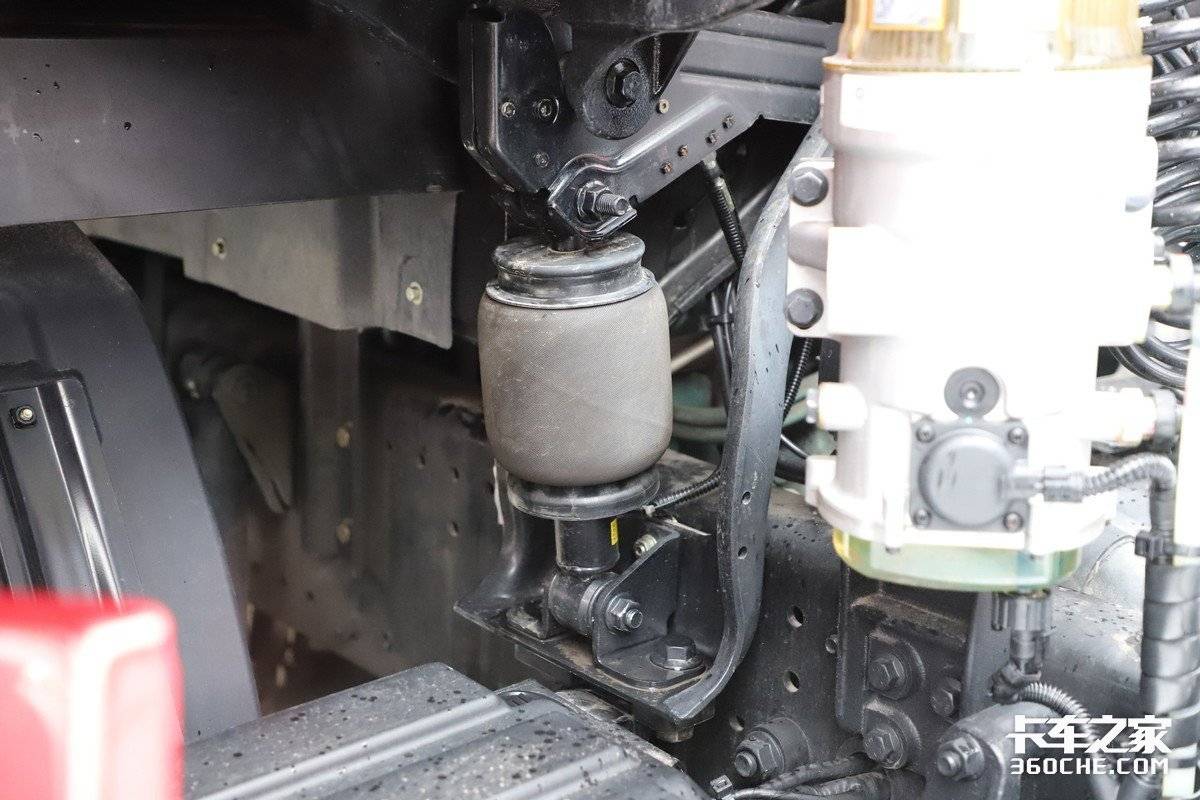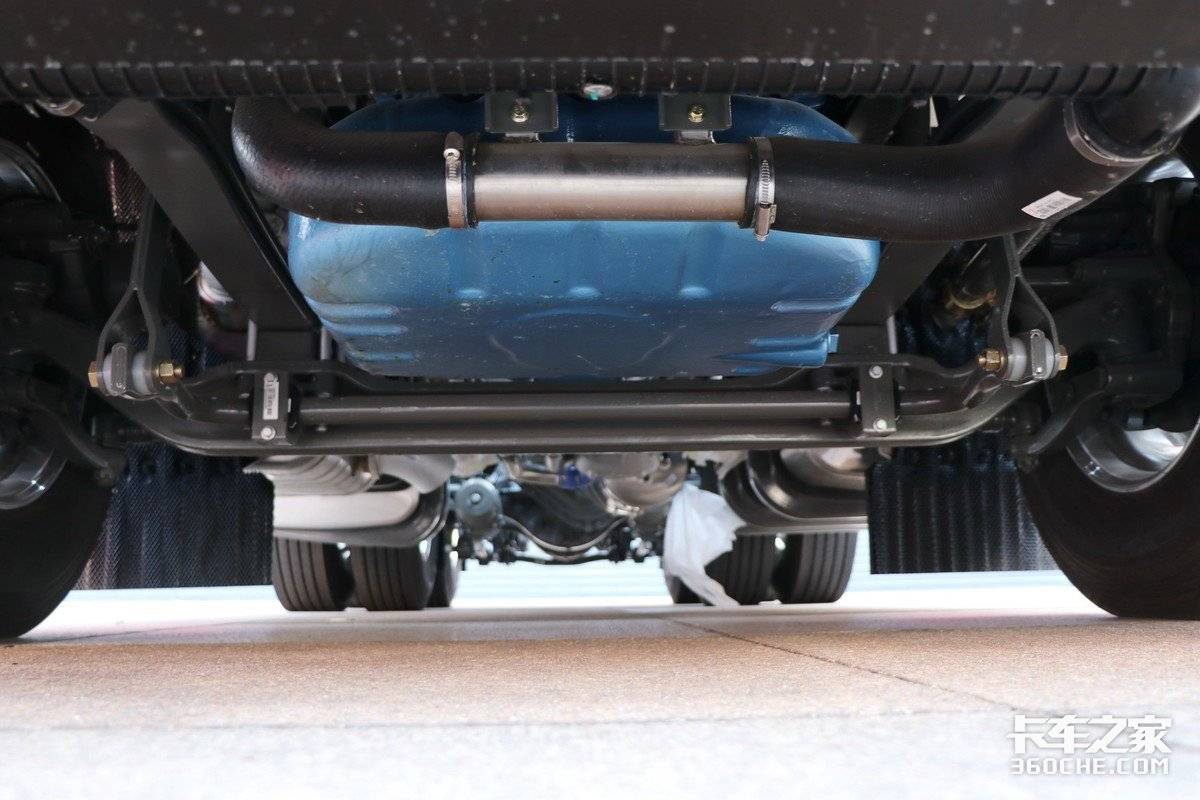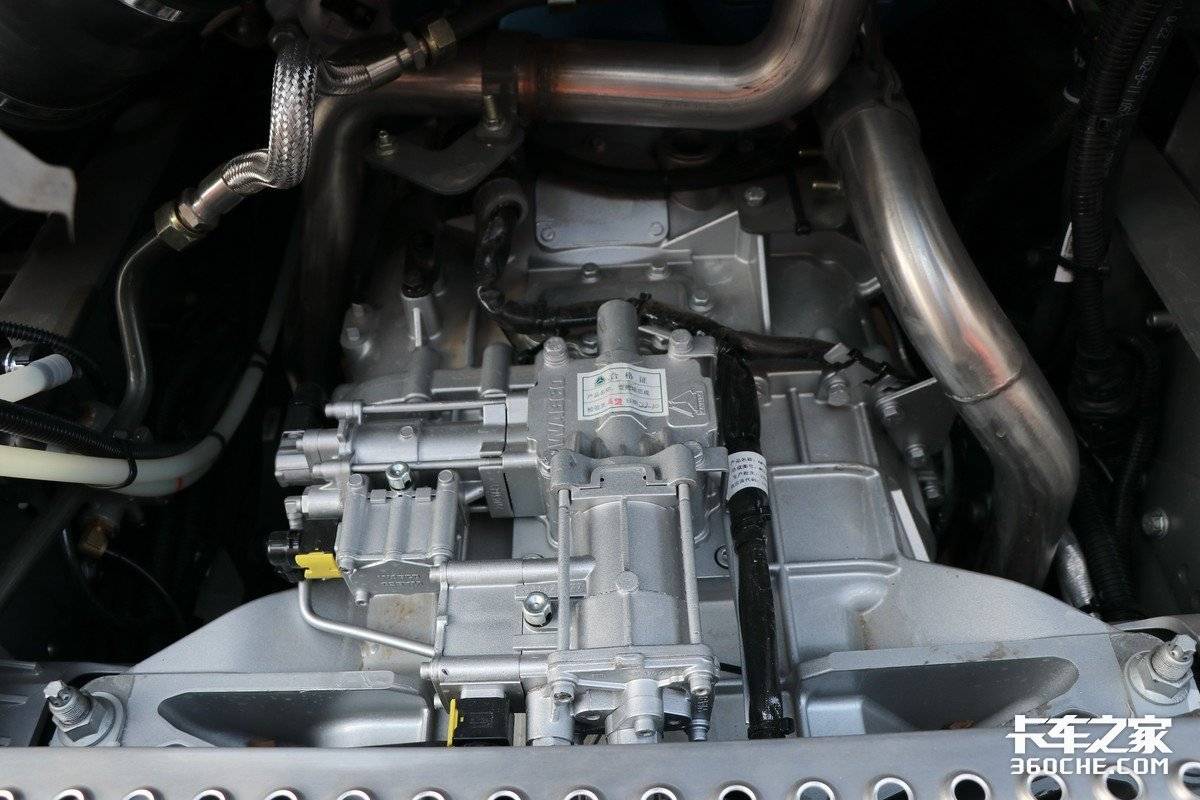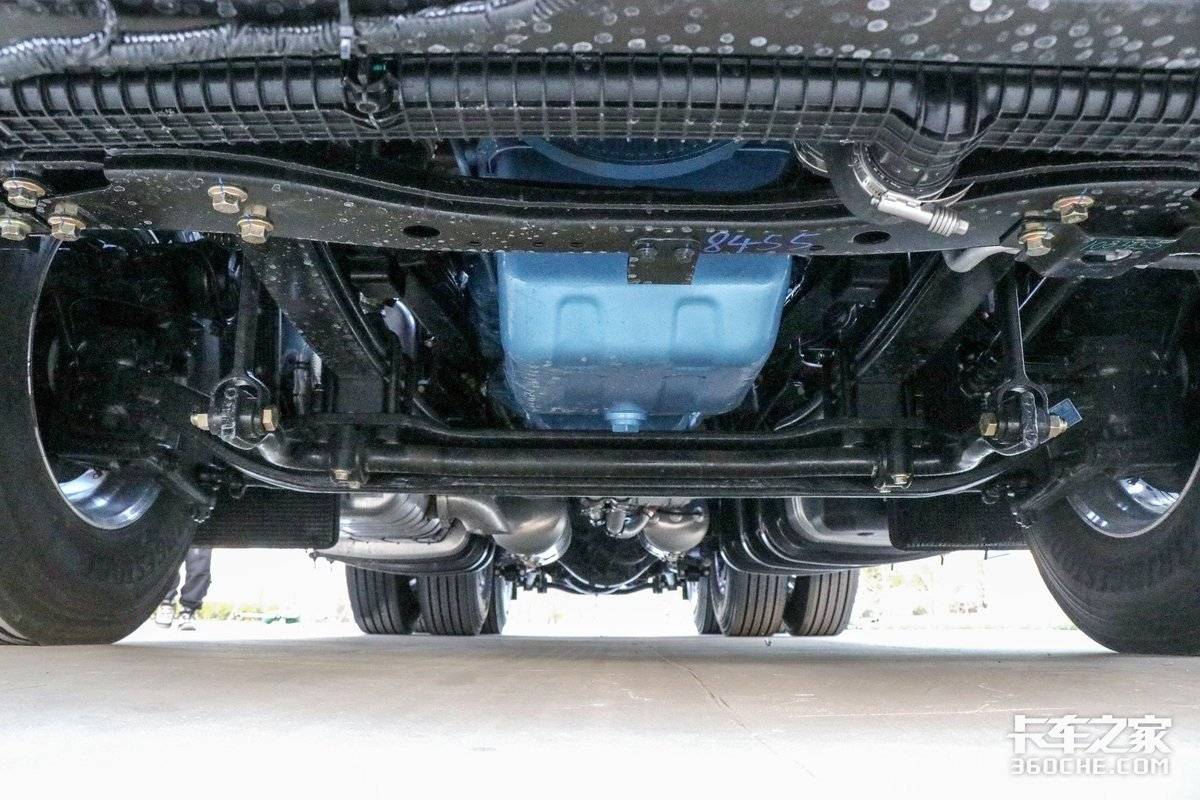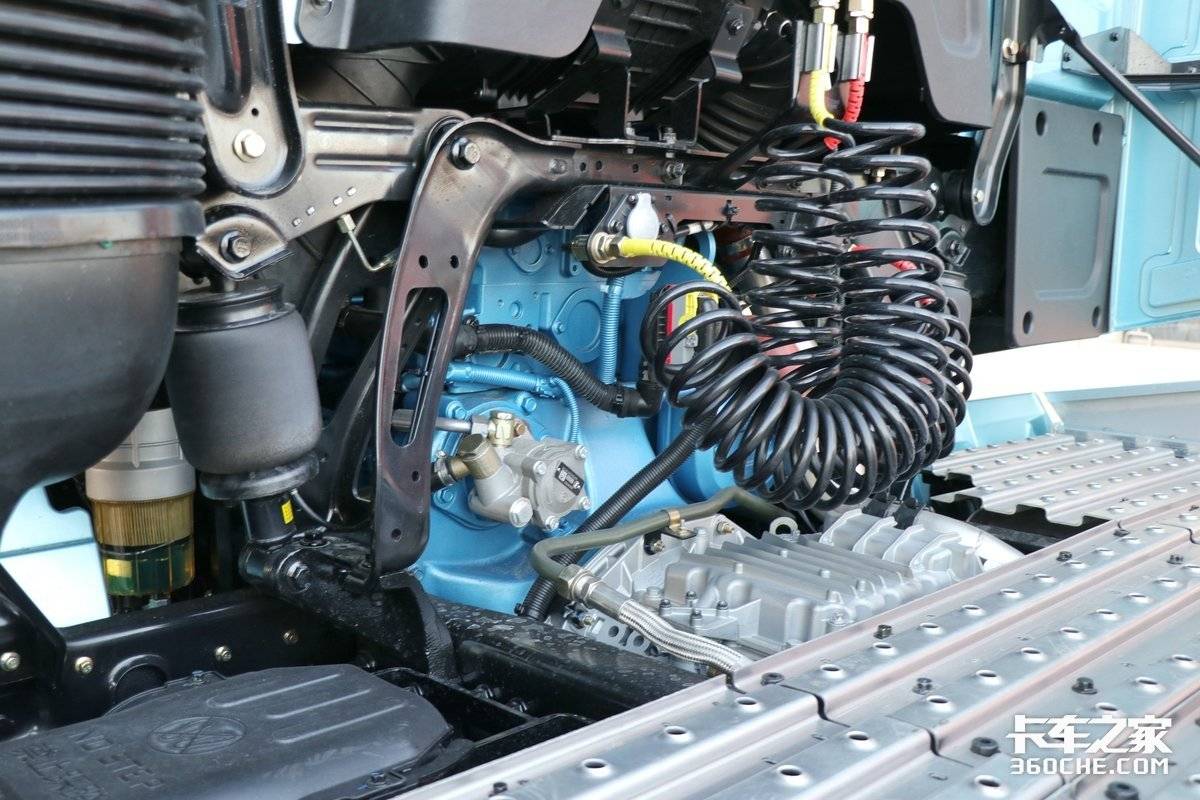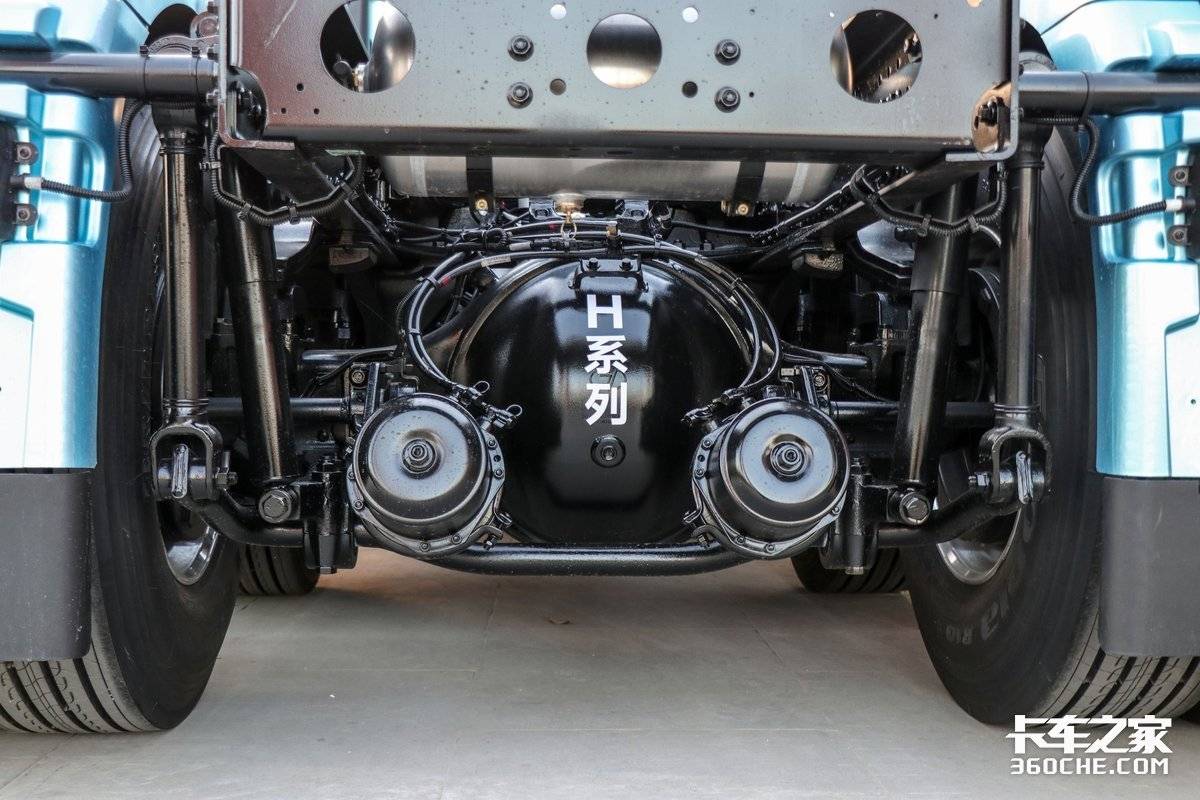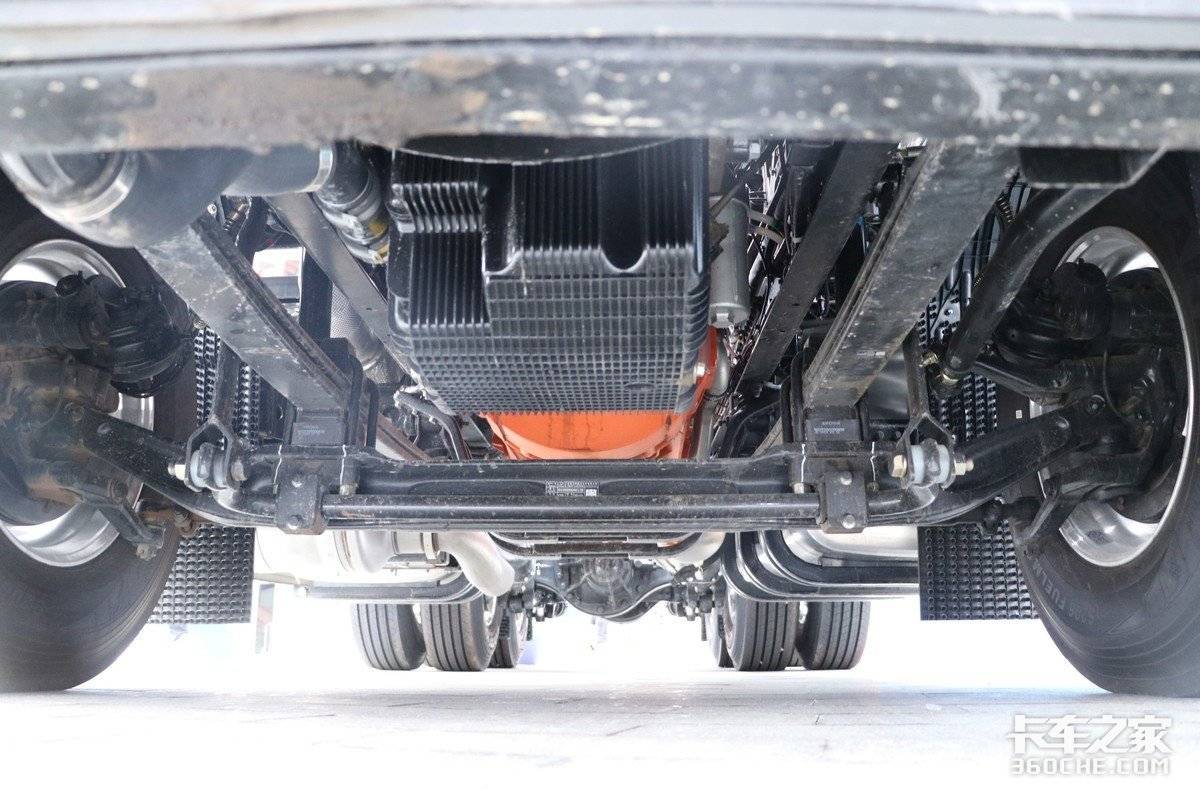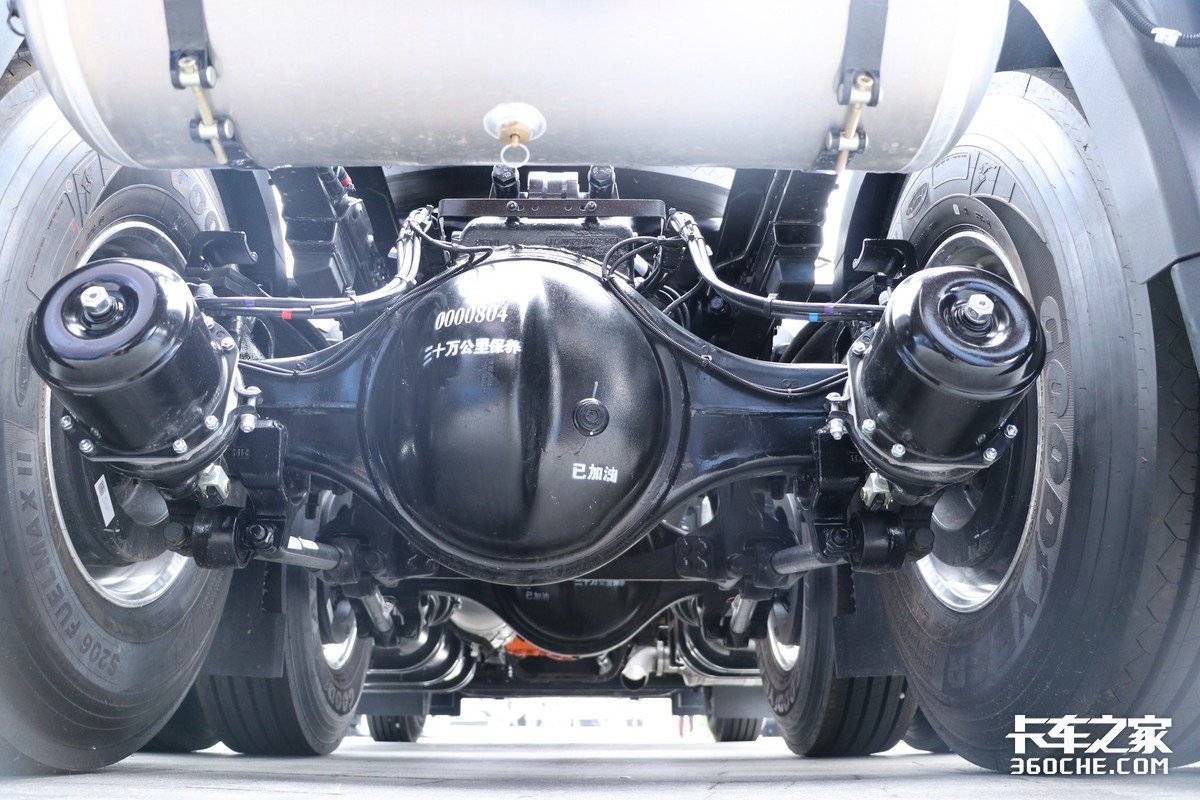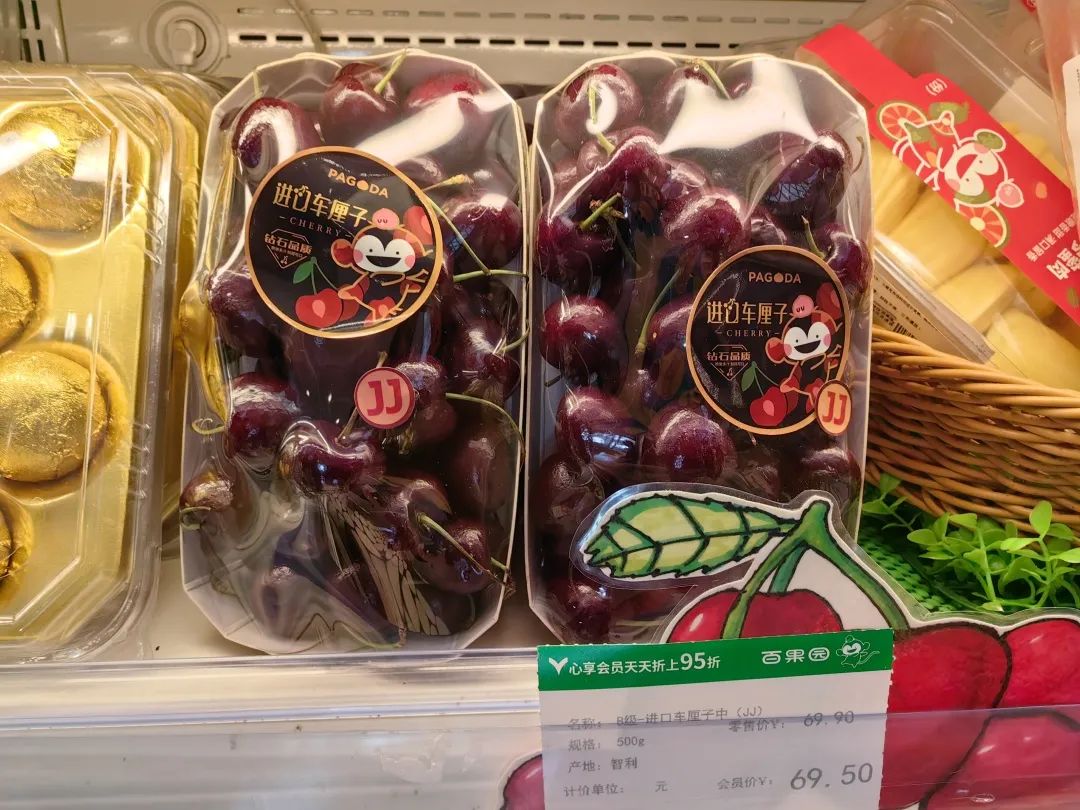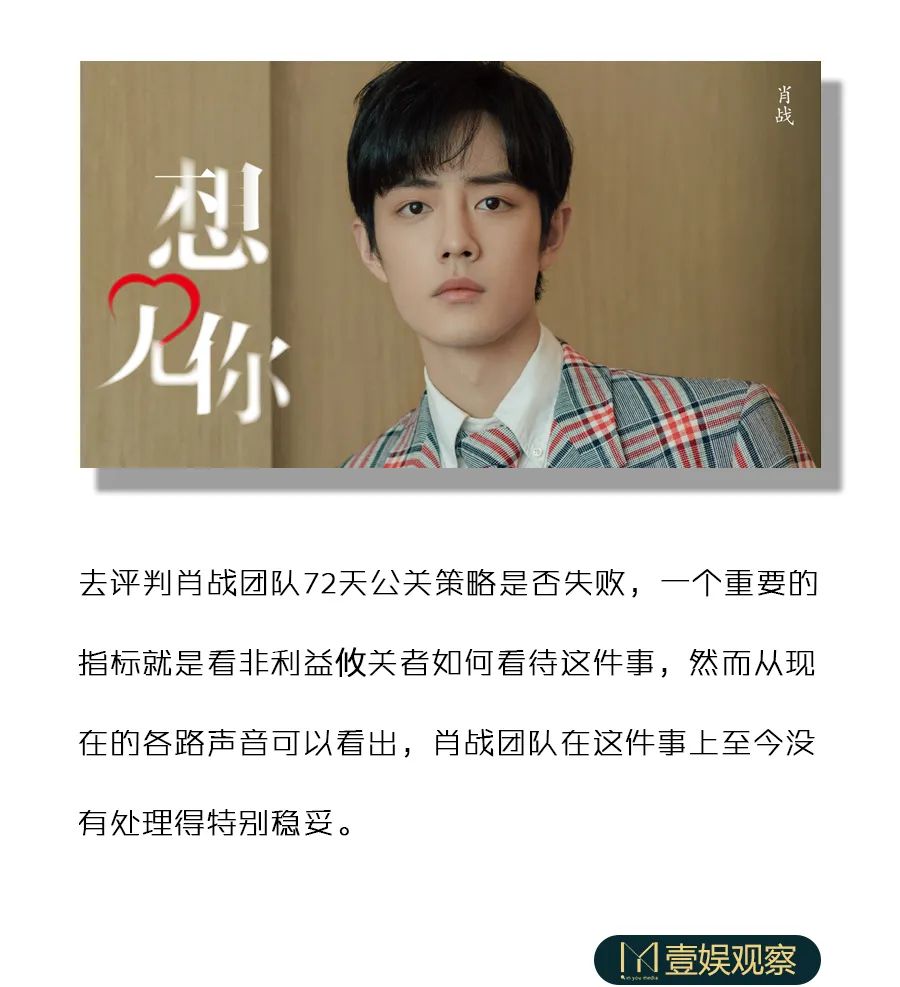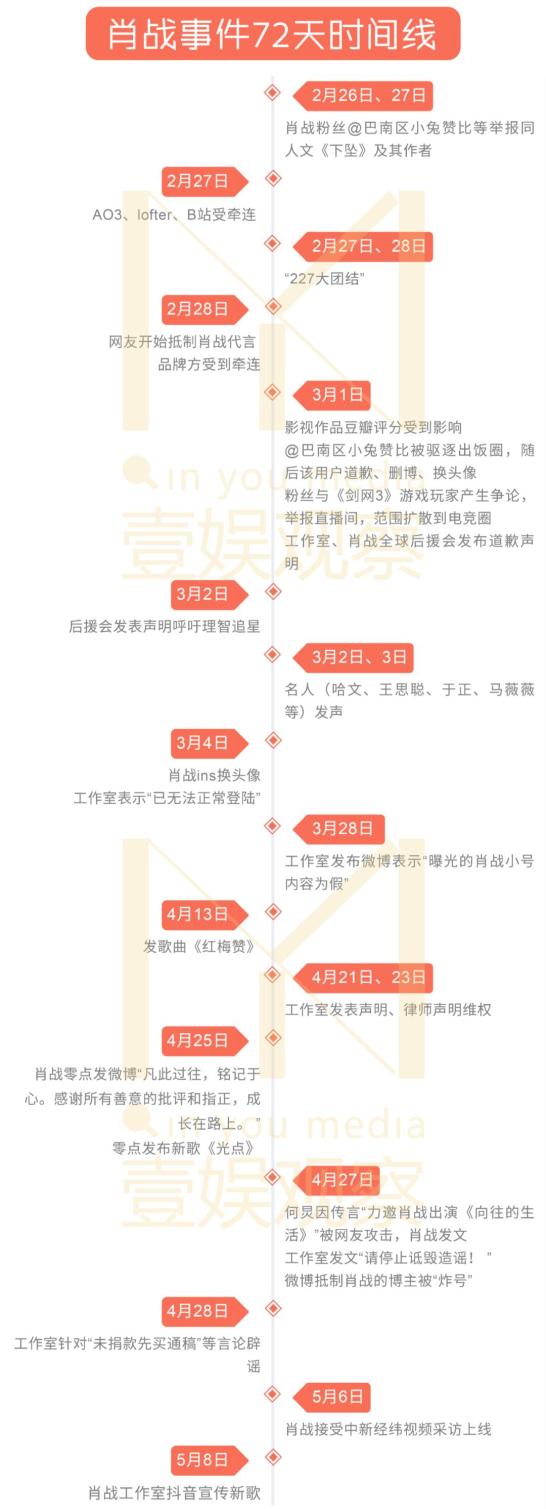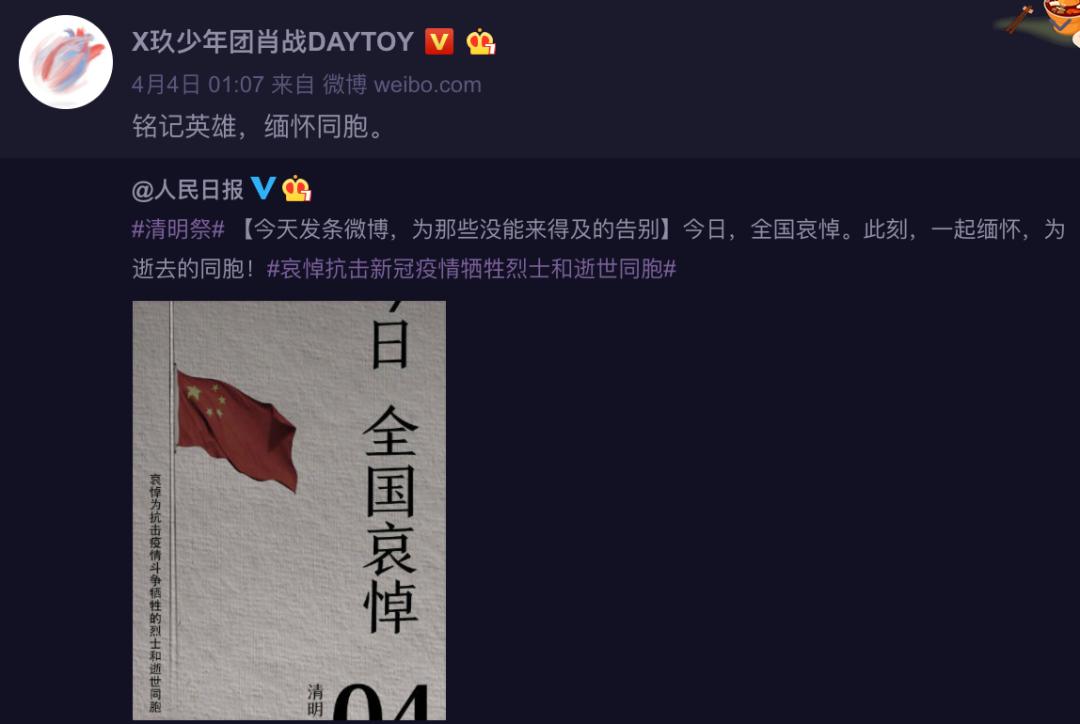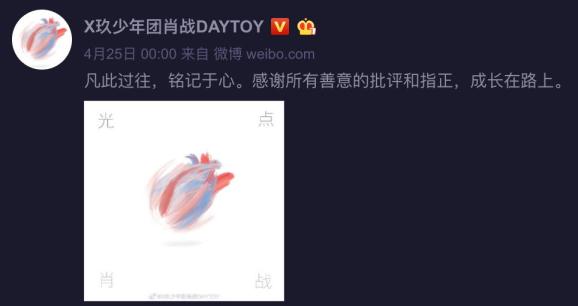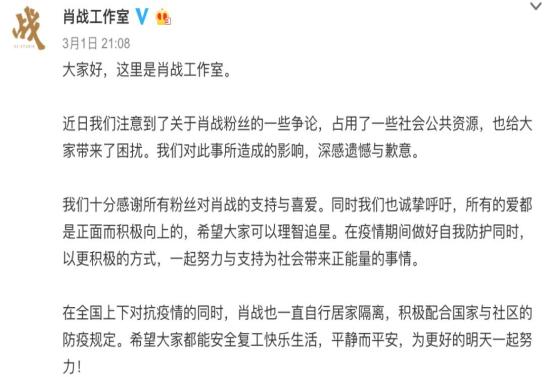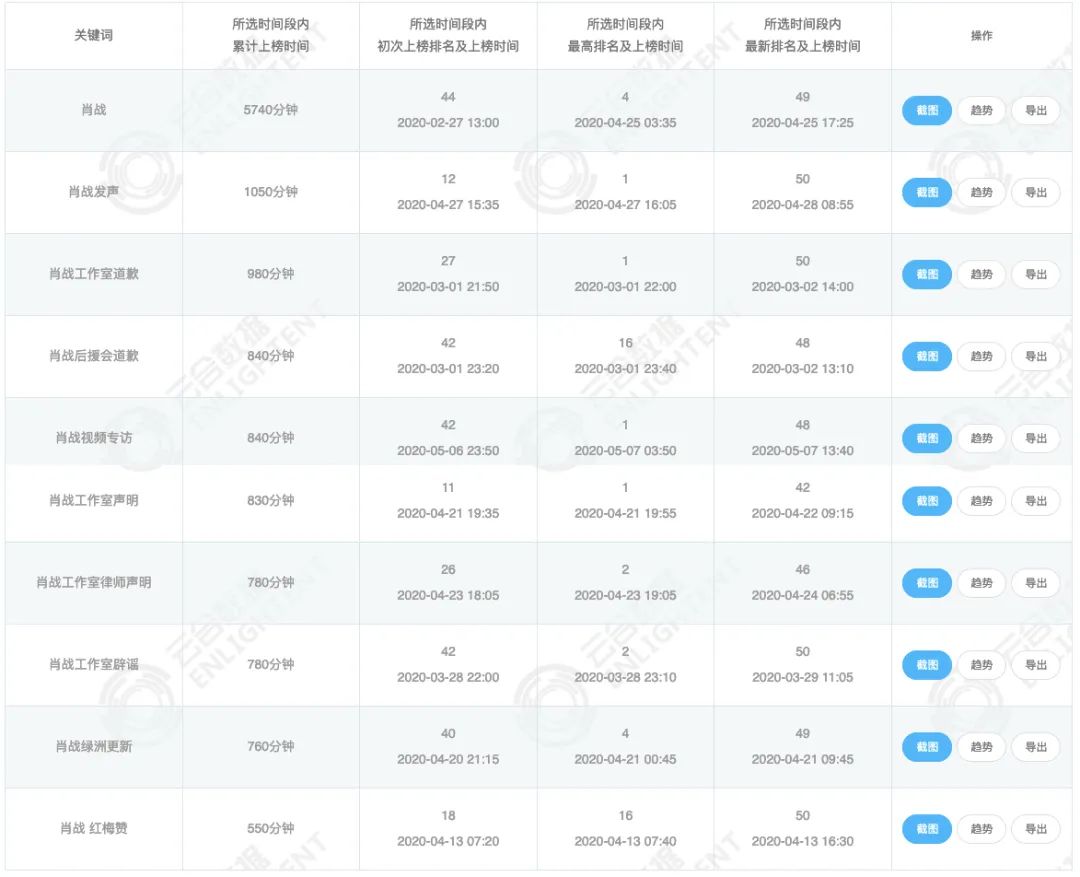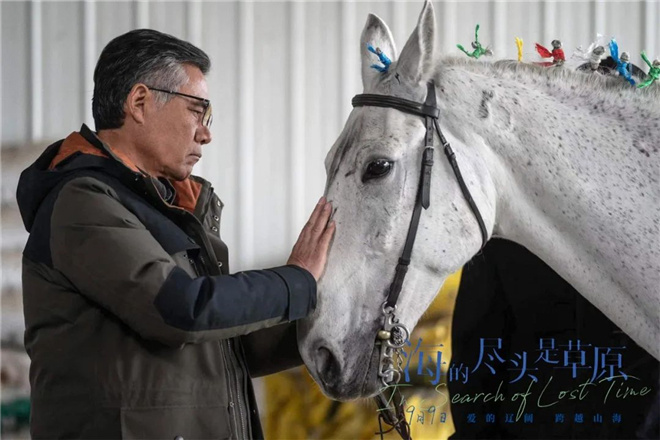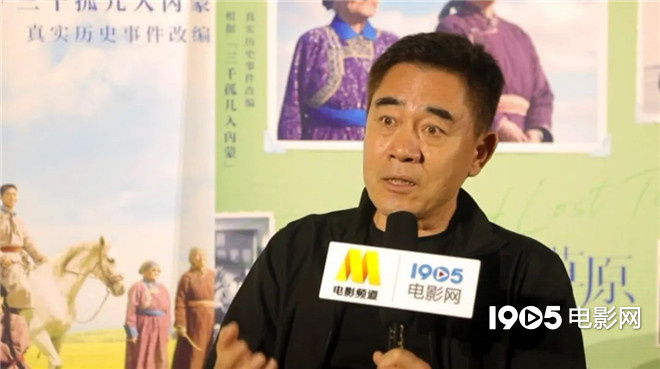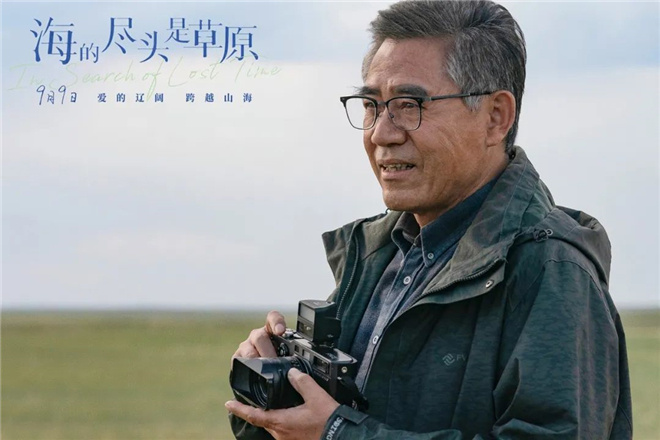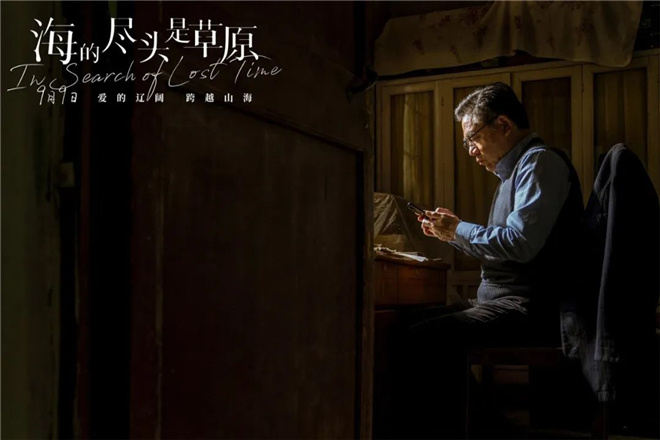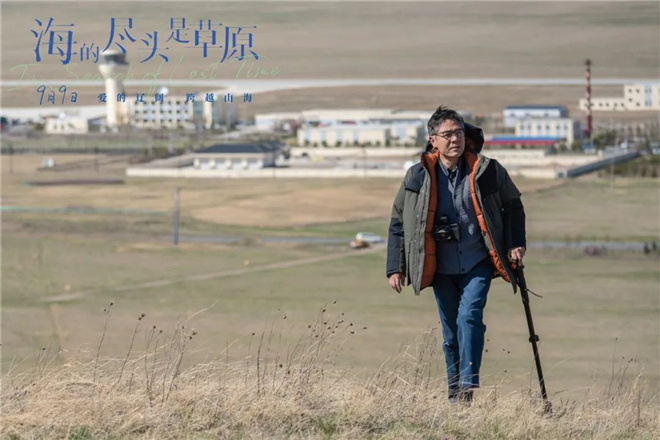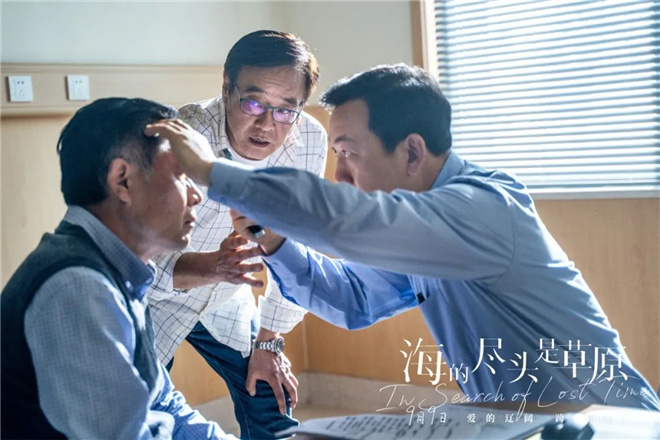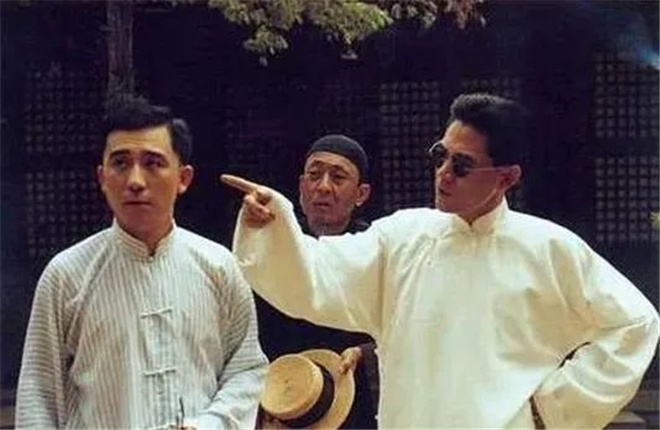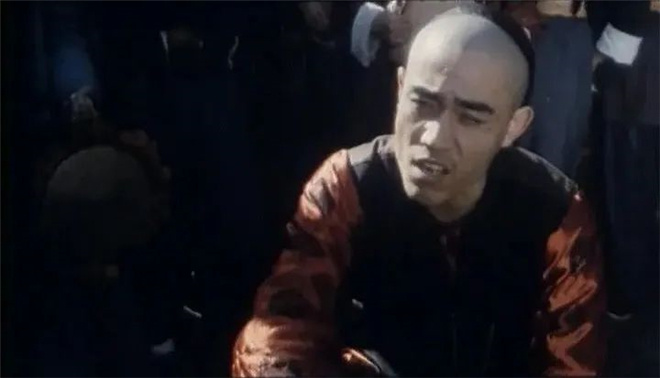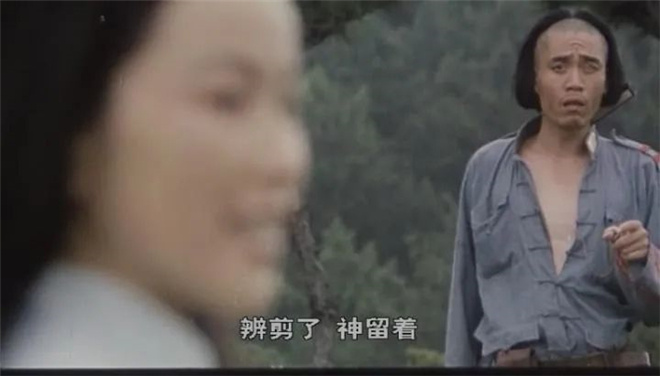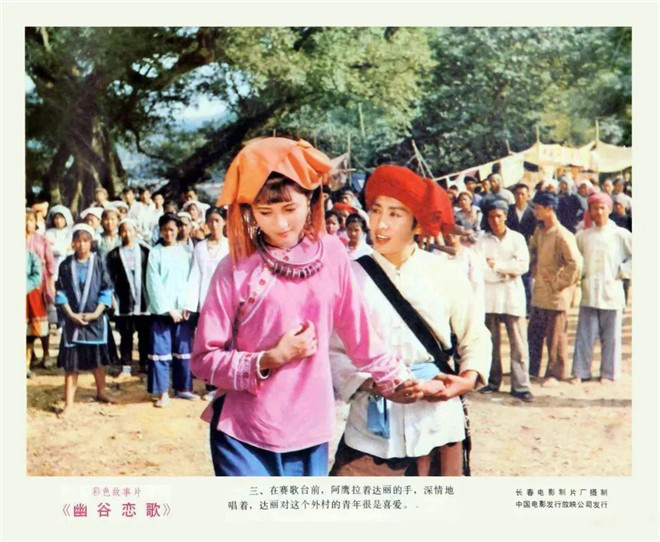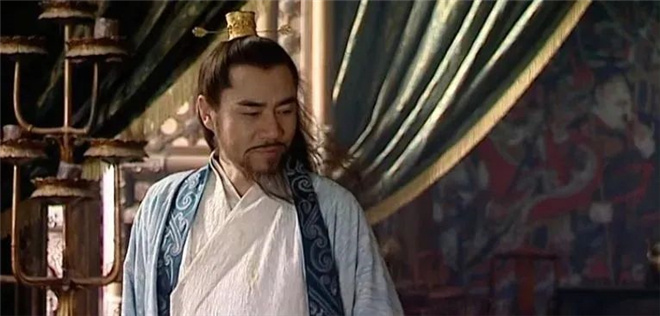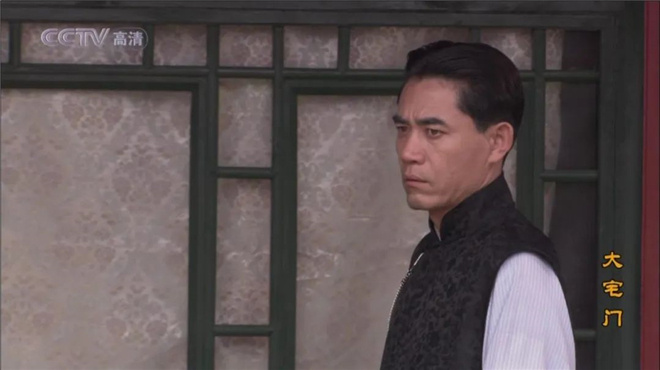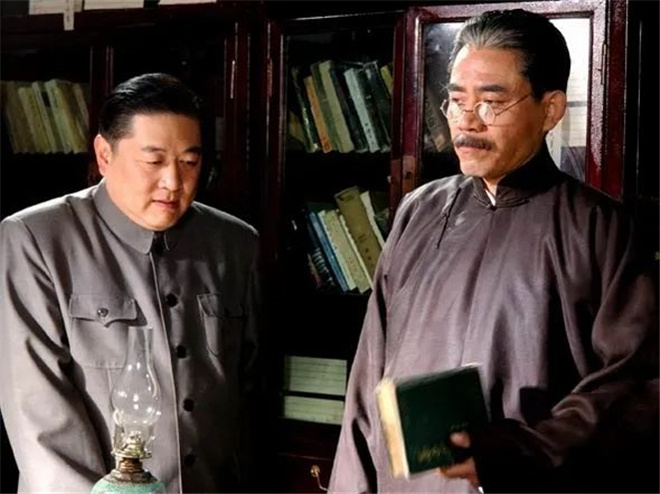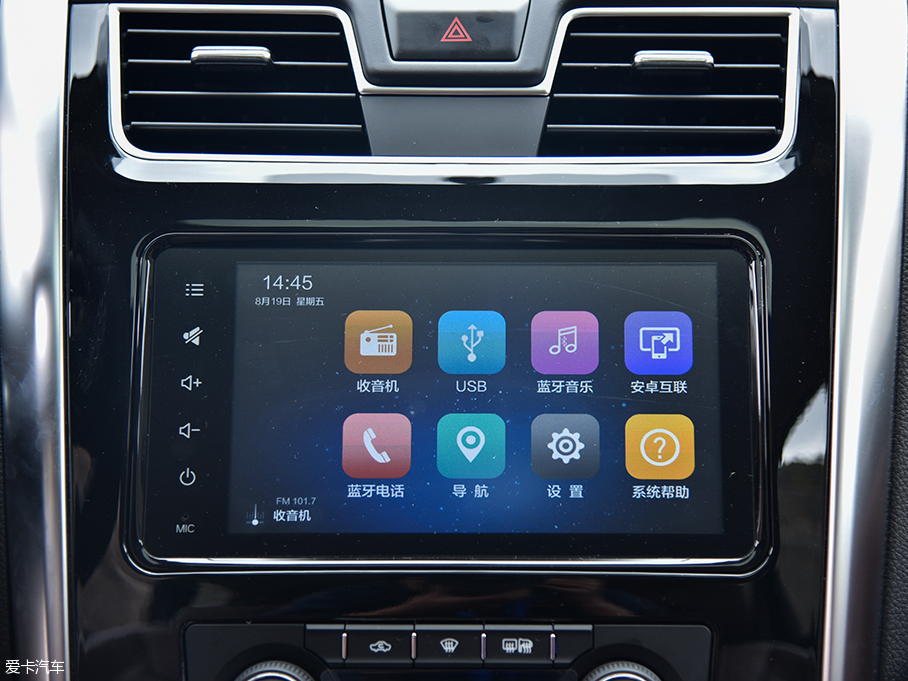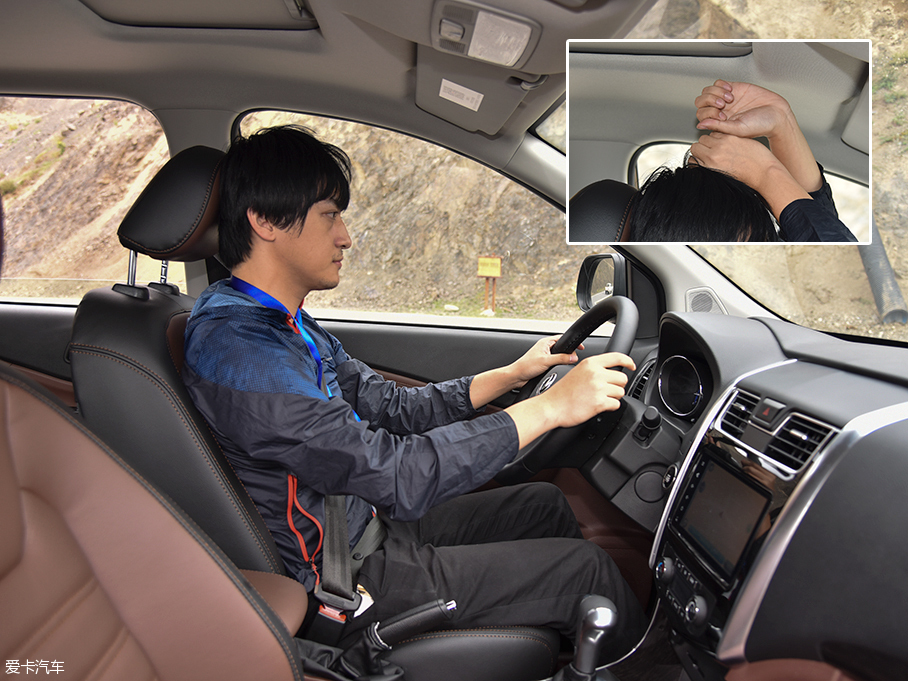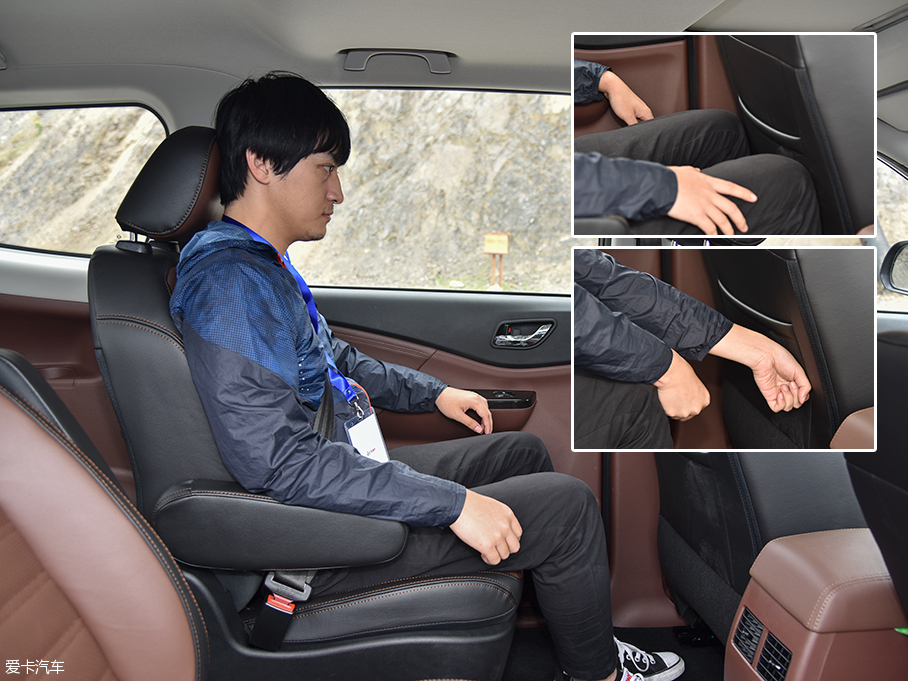The mileage of FSD exceeds 1.6 billion miles, and the driving safety of Tesla is 10 times higher than that of ordinary cars.
Just now, Tesla official website released the report on driving safety in the second quarter of 2024, and the Autopilot automatic assisted driving system made the driving safety level once again exceed Tesla’s previously set goal of "10 times safer than ordinary driving"!
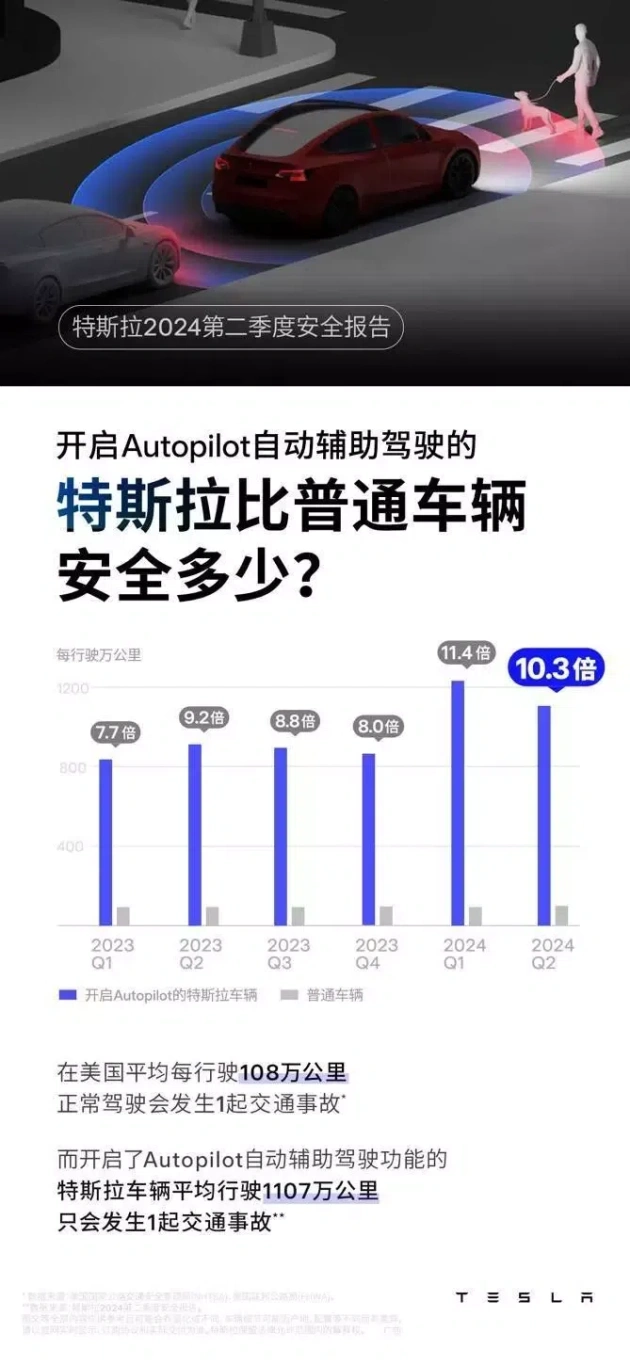
According to the report, combined with the statistics of National Highway Traffic Safety Administration (NHTSA), Federal Highway Administration (FHWA) and Tesla, in the second quarter of 2024, in the United States, under normal driving conditions, vehicles will travel about 670,000 miles (about 1.08 million kilometers). A traffic accident will occur; Tesla vehicles without Autopilot automatic assisted driving function have one traffic accident every 1.45 million miles (about 2.33 million kilometers), while Tesla vehicles with Autopilot automatic assisted driving function have one traffic accident every 6.88 million miles (about 11.07 million kilometers). This means that in the second quarter, Tesla Autopilot’s automatic assisted driving function made driving safety 10.3 times that of ordinary driving.
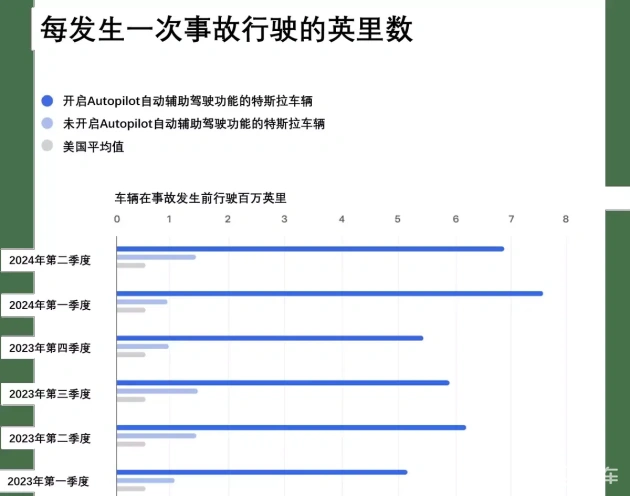
Tesla’s driving safety is 10.3 times that of ordinary vehicles, and the accumulated mileage of FSD exceeds 1.6 billion miles.
In the "Chapter 2 of the Secret Grand Plan" released in 2016, Musk proposed the goal of making automatic assisted driving 10 times safer than ordinary vehicles. Tesla surpassed this goal for the first time in the first quarter of 2024, reaching 11.4 times safety, and the figure of 10.3 times in the second quarter still reached the goal. The accident rate of all vehicles on the road may be different in each quarter, and it will be affected by seasonal factors, such as reduced sunshine time and bad weather conditions.
Since September 2014, all vehicles produced by Tesla have been equipped with active safety function as standard, which provides safety guarantee beyond the physical structure for each vehicle. Tesla makes full use of the real driving data of its global fleet of billions of miles, constantly optimizes the algorithm of automatic assisted driving, improves driving experience and driving safety, and helps drivers to reduce or avoid accidents.
Through OTA remote software update, Tesla can continuously upgrade the latest version of safety features and enhancements for the vehicle after delivery, ensuring that the vehicle always maintains the most advanced safety performance.
Up to now, the cumulative mileage of Tesla’s fully automatic driving ability FSD has exceeded 1.6 billion miles. With the continuous accumulation of mileage, its safety will be greatly improved.
Tesla released safety reports for 24 consecutive quarters, reflecting product confidence and corporate responsibility.
Safety is the primary consideration for Tesla to build a car. Tesla has been releasing quarterly traffic safety data since October 2018, and it has been released for 24 consecutive quarters. Behind this insistence is Tesla’s confidence in the pure visual autonomous driving technology route. Not only that, since July 2019, Tesla has also voluntarily released an annual report on vehicle fire accidents. The data shows that the probability of vehicle fire is only 1/8 of that of ordinary vehicles. This data includes artificial arson and building fire.
Tesla’s design concept always revolves around how to improve the safety of vehicles and make every effort to build the safest car in the world. Tesla is convinced that through the unique combination of passive safety, active safety and automatic driving assistance, it can provide the highest level of safety guarantee for Tesla drivers and all drivers on the road.
On the basis of strong active safety capability, Tesla has made great efforts in passive safety, making all models become five-star players in various safety tests around the world.
In a series of recent accidents, Tesla’s powerful passive safety capability has protected the safety of drivers and passengers in times of crisis: a large truck was seriously rear-ended on Shenhai Expressway, and the passenger compartment remained intact, and the owner was unscathed; Wenzhou, Zhejiang Province suffered from typhoon weather, and the super thick branches slammed into the driving Tesla, and its glass roof firmly withstood the heavy pressure, holding the "unexpected trouble" for the owner; Model Y "flies" from the bridge deck nearly 5 meters high, and the car damage is serious, but the owner is safe and sound; Model Y was hit by a pickup truck at a speed of 90 km/h and was knocked off the road. The owner was able to leave the vehicle by himself and leave safely. In this kind of real case, the friendship between the owner and Tesla’s "life" constantly proves Tesla’s super rigid body.
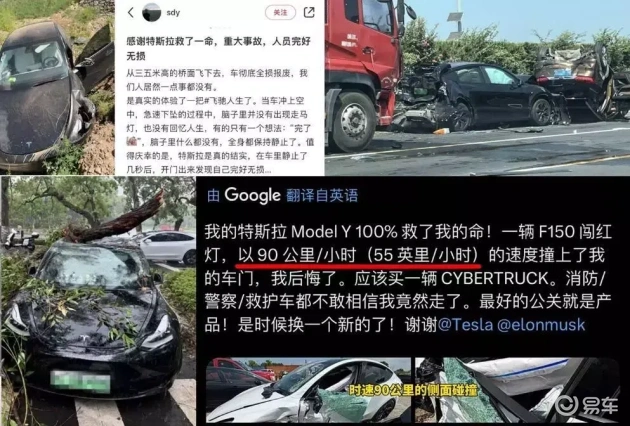
Behind Tesla’s ability to create safety miracles again and again, the unique "rigid and flexible" cage body structure has contributed greatly, which gives the vehicle a very high impact resistance. The so-called cage body, that is, the passenger cabin is designed as a birdcage-like structure, which can effectively absorb and disperse the impact force during collision by mixing and connecting various high-strength materials, providing strong safety protection for the passengers in the car. Tesla considered multiple collision paths at the beginning of the design, and repeatedly verified and tested by computer engineering simulation technology to ensure that the body structure can effectively prevent the impact force from invading the passenger compartment.
In order to achieve this goal, Tesla strives for perfection in body structure, materials and technology. The body-in-white structure is made of steel and aluminum mixed metal, which not only gives consideration to lightweight but also ensures safety. At the same time, Tesla has also introduced the world’s leading vehicle welding technology in body technology, and the yield strength of connecting screws is as high as 1490 MPa, far exceeding the 1290 MPa standard generally adopted in the industry, ensuring that the joint is not easy to break during collision and adding another layer of protection for passenger safety.
Therefore, it is precisely because of Tesla’s strong passive safety capability that Tesla has obtained a five-star safety rating in the collision test of professional institutions around the world, and has obtained a very low overall injury probability rating in the US government’s new car evaluation plan, which is to protect the life safety of drivers and passengers in accidents.
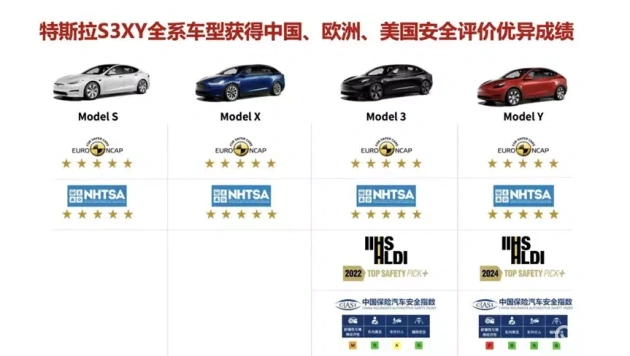
In terms of battery safety, Tesla has made great efforts in the battery safety structure, designed a very unique battery pack structure, and installed the battery pack at the bottom of the vehicle, providing super rigid strength, large collision buffer and unique low center of gravity design. The ultra-high strength of Tesla battery pack means that it rarely suffers serious damage in accidents. Even in the case of extremely unlikely fire, the advanced design of battery pack can ensure its safe and normal work, isolate the fire in a specific area in the battery pack, and quickly dissipate heat.
Tesla’s safety, performance and intelligence have won it more than 6 million car owners around the world. Model Y became the global passenger car sales champion in 2023, completing the historic transcendence of pure trams over fuel vehicles. With the technical progress of fully automatic driving ability FSD and the continuous accumulation of mileage, Tesla owners will enjoy a safer and silky driving experience.
